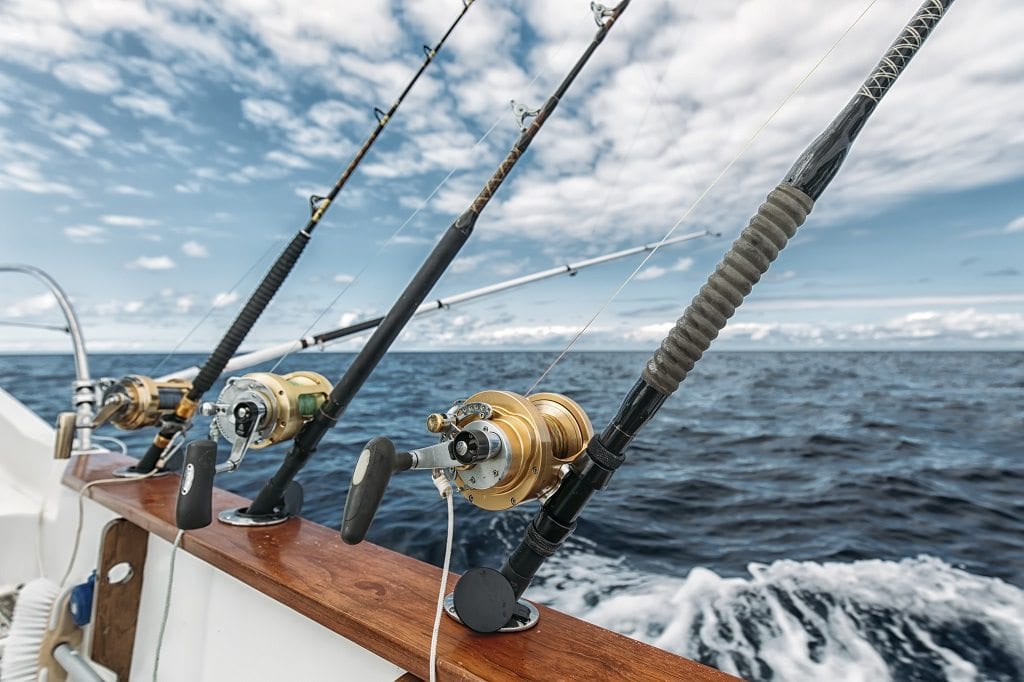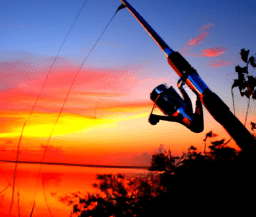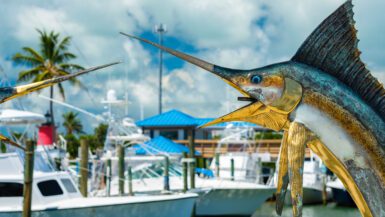For all the sports fishing lovers out there, there is nothing better for them than to go out into the open sea for a good sport. Fishing in the deep seas can often be a very tough experience and has rough and dangerous conditions. Deep sea fishing requires special techniques and teamwork. Here are a few critical deep sea fishing tips that can be used in every successful venture out into the sea. They should be followed in order to make sure that a person’s deep sea fishing experience is not just memorable but also highly productive.
- Good seamanship starts before the boat has even left the dock itself. Responsible and experienced captains will make it a point to secure door latches and loose fishing equipment within the cabinets in the cabin before heading out into the open sea, especially when they are anticipating rough conditions.
- The boat has to be properly prepared to be able to meet the conditions out there in the rough sea. Moreover, you should be well aware of where the fish are. There are many fishing forecasting services available that can provide the relevant information like the current edge and if there are any changes in the temperature so you can easily troll along the waves.
- When you are trolling in rougher waters, you have to make sure that your trolling presentation is well adjusted to the conditions the sea is in at the time. If waves are not rolling and the water is choppy, incorporate a chugger and a ballyhoo if you can. If the water is any rougher, then you should make use of a flathead to make sure that all your lure stays inside the water.
- When the water is more on the rough side, the fish will actually have a very difficult time seeing the hooks that you are using and the lines. Make sure that you are using the right kind of tackle for these conditions. It should be heavy enough to be usable in these conditions. The fish are less afraid in rougher waters; which can increase your chances of catching them if you can step up your tackle game.
- Think like the fish might be thinking and track the waves like them. When the water is considerably rough, fish like tuna and billfish will tail down the sea so that they are able to cover more ground without using a lot of physical energy. They are also looking for food while they are at it.
- Always make it a point – no matter how exciting things may get — you have to be very well aware of your surroundings. Rough conditions out in the water are also accompanied by strong winds, which can carry the line off of fishing reels. The crew is responsible for watching for the baits and the captain is responsible for navigating the waves. That means that you, as a deep sea fisher, need to make sure that your gear is in more than adequate working order at all times.





Leave a reply